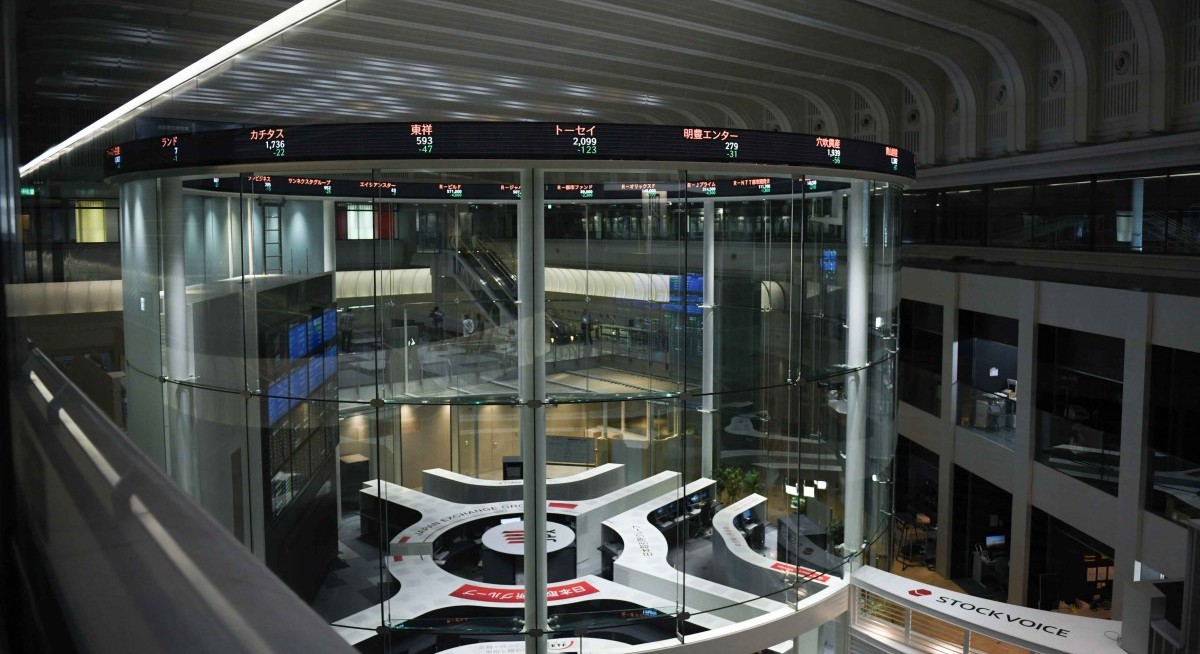Quarterly returns of 6.1% in 3Q2025 for Asian REITs are a deceleration from the double-digit returns in 2Q2025 and likely reflect a stronger US dollar and an uptick in short-term rates in markets like Japan and Hong Kong in 3Q2025, writes Chua in an Oct 16 note.
“Interest rates for the region as a whole are generally expected to remain soft for the rest of the year, with expectations for the US dollar also downbeat,” she adds. “We maintain our constructive view on the sector.”
Asian REITs posted total US dollar-denominated returns of 6.1% in 3Q2025, bringing returns for the 9M2025 period to a “healthy” 22.6%, says Chua.
While returns for 3Q2025 decelerated from the “blistering” returns of 13.1% posted in 2Q2025, it is not far from 3Q2025 returns for the US (at 8.1%) and broader Asian equity market (at 9.4%), she adds. “This would suggest that price momentum for Asian REITs, while moderating somewhat, remains intact.”
See also: Facing the JB competition head-on
S’pore, Japan REITs outperform
Singapore and Japanese REITs outperformed the sector with total 3Q2025 returns of 7% and 6.8% in US dollar-denominated terms respectively, while REITs in Australia and Hong Kong trailed the sector, posting US dollar-denominated returns of 5.3% and 3.7% respectively.
Currency was less of a tailwind for performance last quarter, as the negative translation effect of a weaker Singapore dollar and Japanese yen chipped away at US dollar-denominated returns in these REIT markets, according to Chua.
See also: Elite UK REIT receives nod for data centre development at Blackpool
However, the appreciation of the Hong Kong dollar and Australian dollar mildly boosted returns for REITs in these markets, Chua adds.
“Interest rates in the key REIT markets took different trajectories in 3Q2025, with the three-month Singapore Overnight Rate Average and Australia’s three-month Bank Bill Swap Rate down 60 basis points (bps) and 3 bps respectively last quarter, but the three-month Tokyo Interbank Offered Rate and Hong Kong Inter-bank Offered Rate up 5 bps and 185 bps respectively,” says Chua.
On a year-to-date basis, short-term rates in Singapore, Hong Kong and Australia remain “well below” their January levels, Chua writes.
The Bank of Japan’s announcement in September that it was disposing its holdings of exchange-traded funds (ETFs) and Japan REITs took the market by surprise. However, the slow pace of divestments, with Governor Kazuo Ueda commenting that it would take 100 years to sell the assets, suggests that any impact on the market is unlikely to be material, according to Chua.
Meanwhile, more signs of a bottoming in the Hong Kong retail market in August, which was supported by record monthly Chinese mainland arrivals — the highest since border reopening — bodes well for the commercial landlords, says Chua.
The listing of another REIT in Singapore — Centurion Accommodation REIT — also suggests that market revitalisation efforts in Singapore are gaining traction, she adds.
“We believe that the prospects of lower interest rates should continue to underpin returns for Asian REITs, particularly with the US widely expected to cut interest rates at the next Federal Open Market Committee meeting to be held on Oct 28-29, and we maintain a generally constructive view on the sector,” writes Chua.




